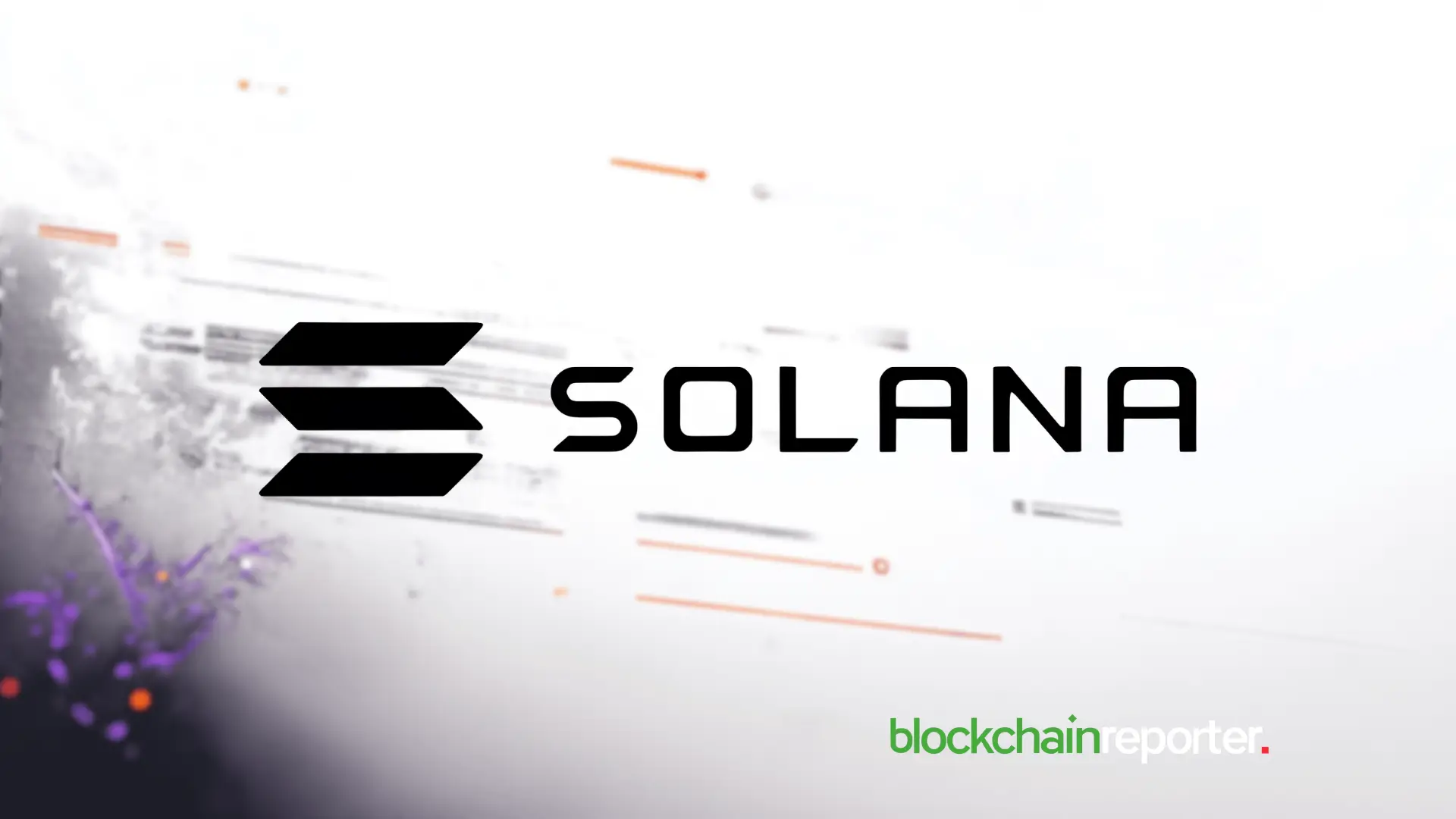Institutions Turn to Bitcoin as Arch Unlocks Real Yield for the Tokenization Era
TLDR:
- Arch Network introduces a platform to make Bitcoin productive by enabling real yield and base-layer activity.
- The project targets institutional adoption with Bitcoin-backed settlement for real-world asset tokenization.
- Institutions may shift toward Bitcoin as the preferred settlement layer due to its neutrality and liquidity.
- Arch completes 18 months of development, bringing DeFi and tokenization directly to Bitcoin’s base layer.
The tokenization wave is here, and this time Bitcoin might lead it. Institutions are preparing to move real-world assets like stocks and real estate onchain. Yet most of that activity still lives on Ethereum and Solana. Now, a project called Arch Network wants to change that.
After 18 months of silent development, Arch has surfaced with a platform designed to make Bitcoin productive. The team says it can unlock real yield and enable DeFi directly on Bitcoin’s base layer.
According to a statement shared by Arch Network, the project aims to position Bitcoin as the foundation of global finance.
Ted Pillows, a crypto researcher, wrote on X that institutions could prefer Bitcoin for tokenized settlements due to its neutrality and liquidity. He pointed to Arch as one of the few projects building this infrastructure before institutional demand peaks.
Bitcoin’s Liquidity Meets Tokenized Assets
Arch’s pitch centers around a key problem: Bitcoin’s value remains idle. While it holds trillions in liquidity, it generates little productive activity. Arch’s system changes that by enabling programmable execution without removing liquidity from Bitcoin’s base layer.
The network introduces its own virtual machine built for Bitcoin’s UTXO model, allowing fast and composable smart contracts. Each transaction still settles directly on Bitcoin, driving miner fees and keeping value anchored to the chain.
This approach avoids bridges and wrapped tokens, which have historically fragmented liquidity and exposed users to risks. Arch claims its design aligns with Bitcoin’s trust model while expanding its capabilities for DeFi, lending, and real-world asset tokenization.
In a recent update, Arch confirmed testnet results with millions of executed transactions and hundreds of thousands of connected wallets.
Real Yield and Institutional Adoption on Bitcoin
Arch says the world’s biggest investors want yield on their Bitcoin holdings. Public companies and asset managers can’t justify idle balance sheets. With Arch, they could earn yield directly through base-layer activity instead of relying on synthetic wrappers or custodial products.
The ecosystem already includes early partners like HoneyB, which focuses on real-world asset integration, and Autara, a Bitcoin-based money market backed by firms such as Circle and Liquid Funds. Saturn, a decentralized exchange on Arch’s testnet, has also completed successful base-layer trades.
The network has raised $20 million, with an additional $40 million raised by ecosystem projects. It also onboarded more than 30 validators and key risk partners preparing frameworks for institutional entry.
As Ted noted,
Arch appears to be building toward that outcome, creating what it calls a Bitcoin-denominated economy.
The post Institutions Turn to Bitcoin as Arch Unlocks Real Yield for the Tokenization Era appeared first on Blockonomi.
You May Also Like

Solana Price Prediction: Analysts See $250 Target But Rollblock Draws Attention For Bigger 30x Return

Crypto execs met with US lawmakers to discuss Bitcoin reserve, market structure bills
Lawmakers in the US House of Representatives and Senate met with cryptocurrency industry leaders in three separate roundtable events this week. Members of the US Congress met with key figures in the cryptocurrency industry to discuss issues and potential laws related to the establishment of a strategic Bitcoin reserve and a market structure.On Tuesday, a group of lawmakers that included Alaska Representative Nick Begich and Ohio Senator Bernie Moreno met with Strategy co-founder Michael Saylor and others in a roundtable event regarding the BITCOIN Act, a bill to establish a strategic Bitcoin (BTC) reserve. The discussion was hosted by the advocacy organization Digital Chamber and its affiliates, the Digital Power Network and Bitcoin Treasury Council.“Legislators and the executives at yesterday’s roundtable agree, there is a need [for] a Strategic Bitcoin Reserve law to ensure its longevity for America’s financial future,” Hailey Miller, director of government affairs and public policy at Digital Power Network, told Cointelegraph. “Most attendees are looking for next steps, which may mean including the SBR within the broader policy frameworks already advancing.“Read more
